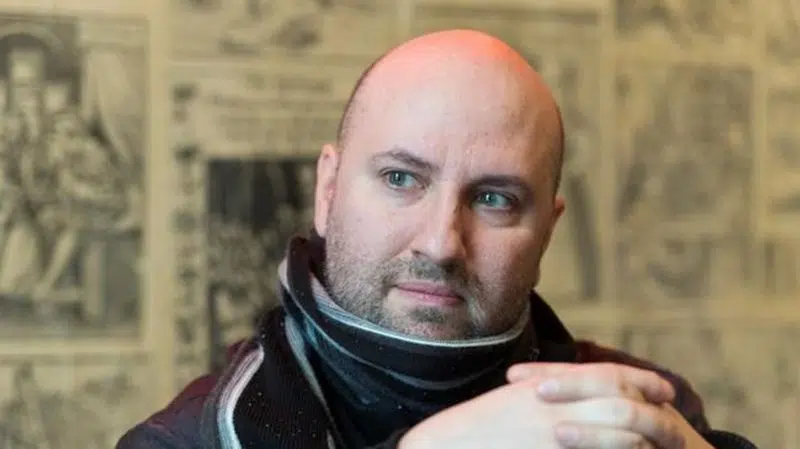
‘There are many degrees of hate’: Quebec blogger takes on far right
MONTREAL — Far-right group La Meute was once seen as a growing threat in Quebec, with members marching by the hundreds through city streets against what they claimed was the creeping “Islamization” of society.
But La Meute — or The Pack — began to implode just a few years after it was created in 2015. By 2019, its signature wolf-paw symbol had practically disappeared from view as infighting reportedly tore the group apart.
The demise of La Meute wasn’t by chance, says Xavier Camus, who calls himself a “progressive” blogger with ties to the province’s anti-fascist movement. He claims he and a loose network of “moles” infiltrated the group and brought it down by stirring up internal dissent.
“We destroyed La Meute. We generated an internal collapse,” Camus said one recent afternoon in a downtown vegetarian cafe. The far-right group’s leader, he said, has been left “a king without a kingdom.”


